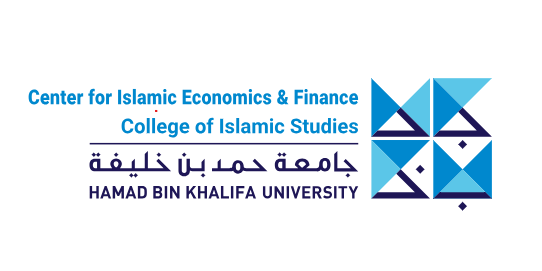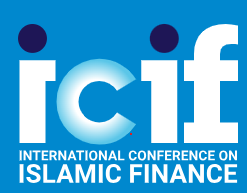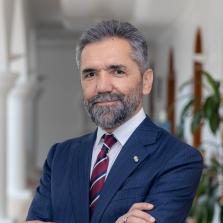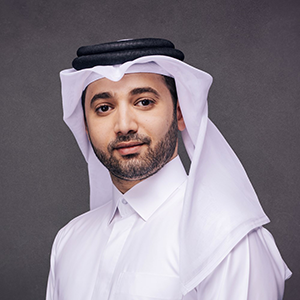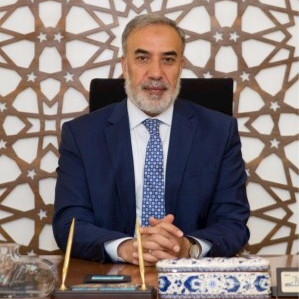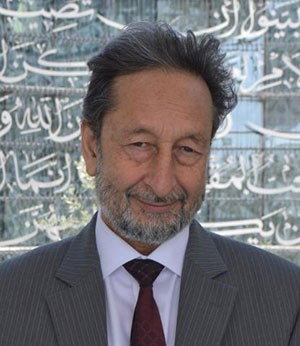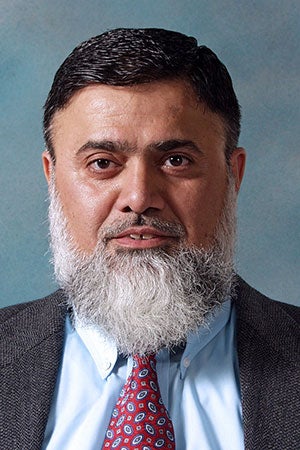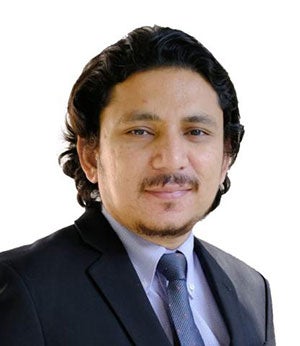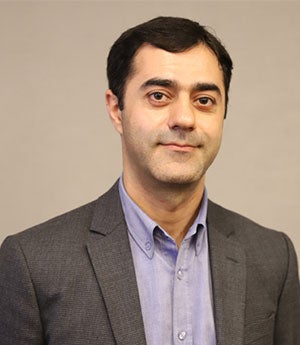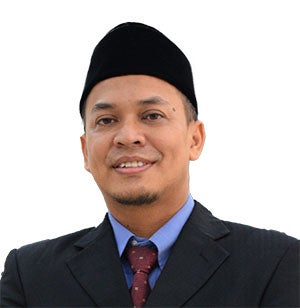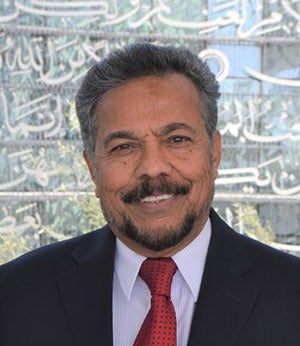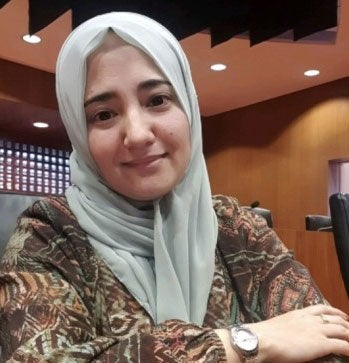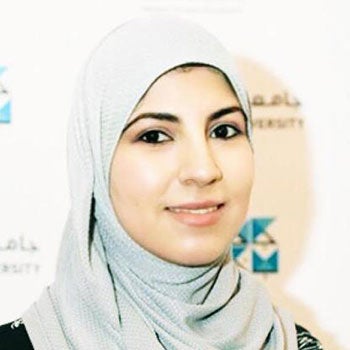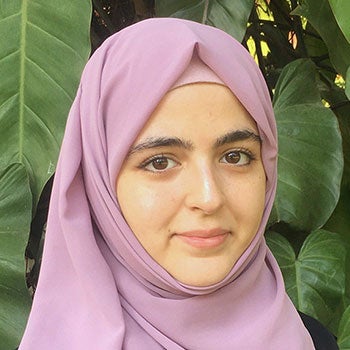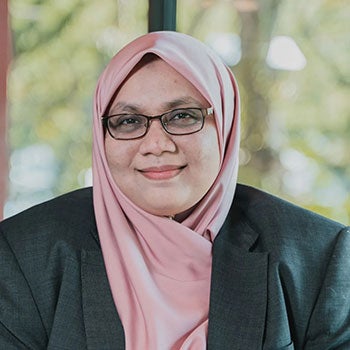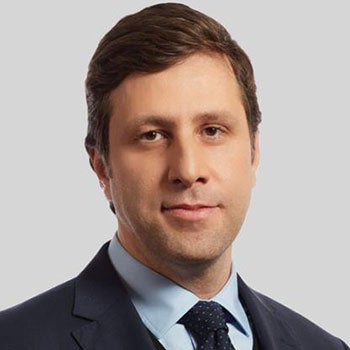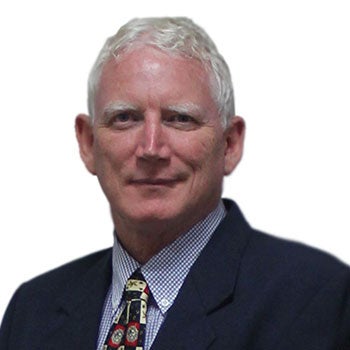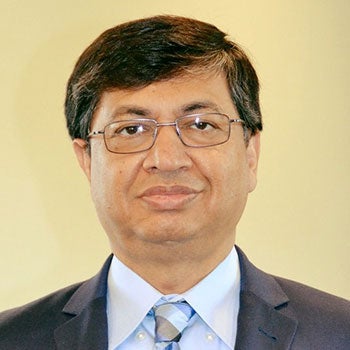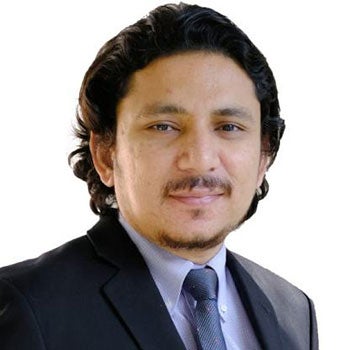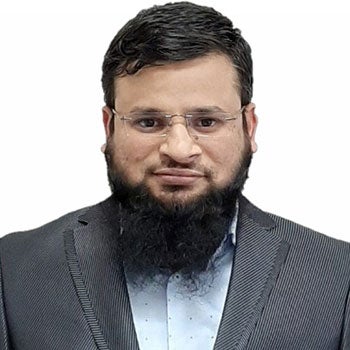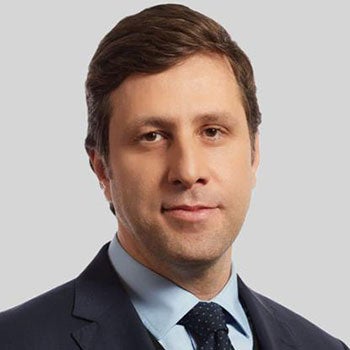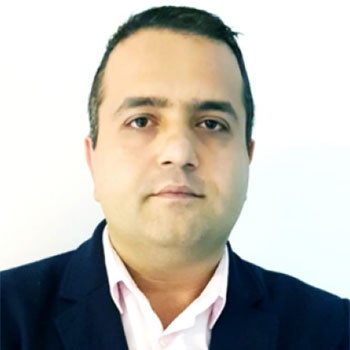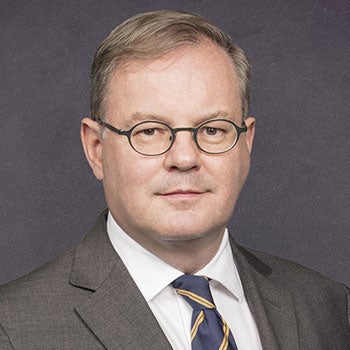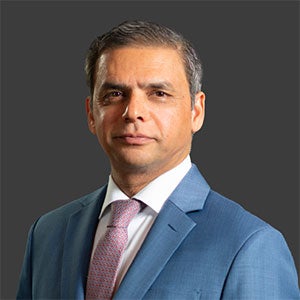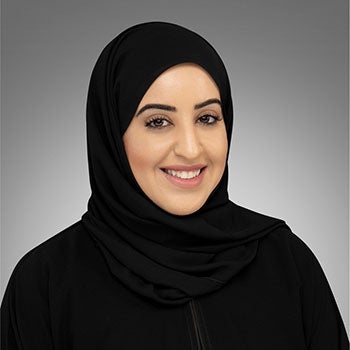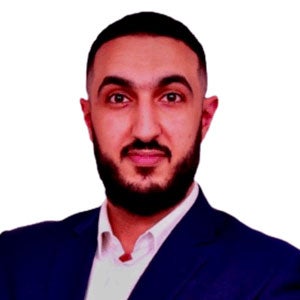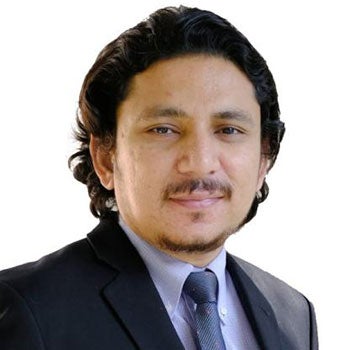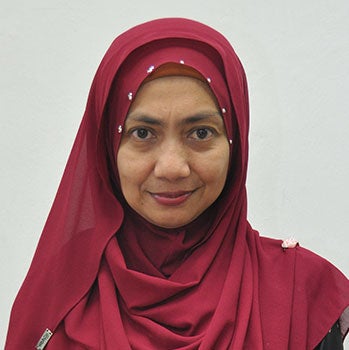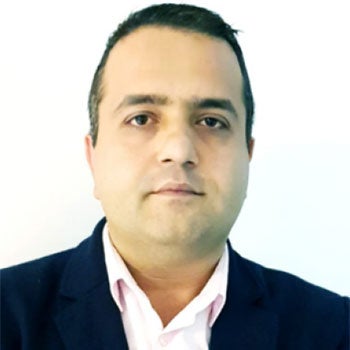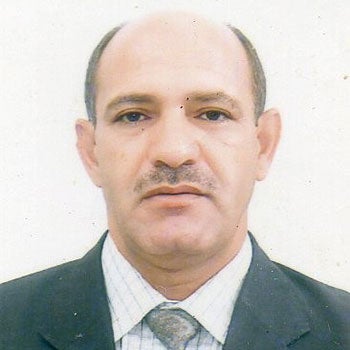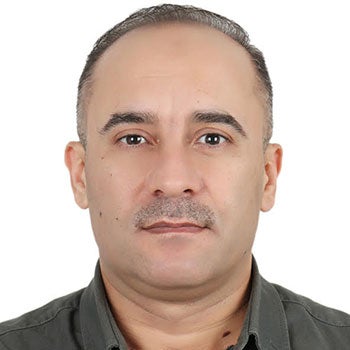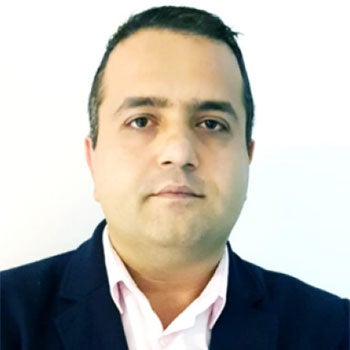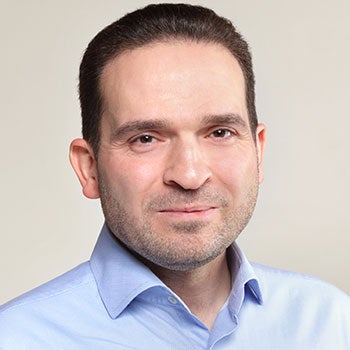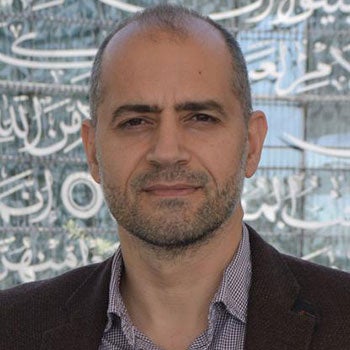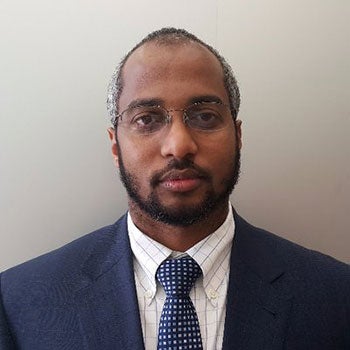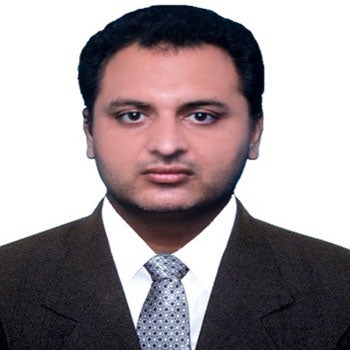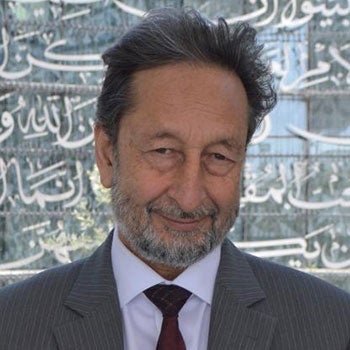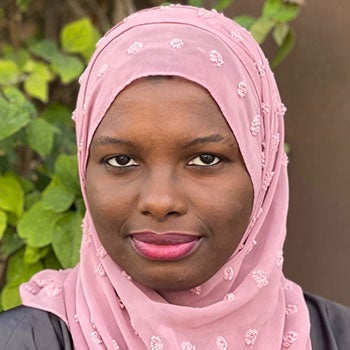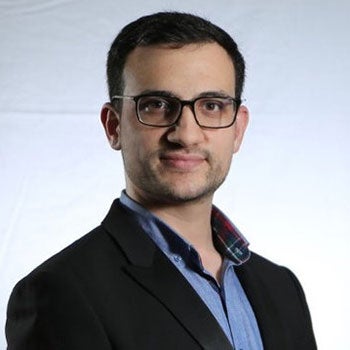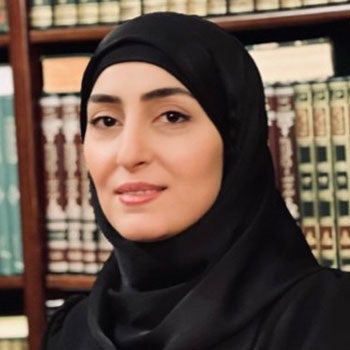ADVANCING ETHICAL AND SUSTAINABLE ECONOMY
Islamic Finance Solutions for Environmental, Social, & Economic Challenges in the Digital Age
Conference Overview:
The field of Islamic finance has undergone a remarkable transformation since its inception, thanks to the contributions of scholars from different generations who actively participated in its development. The first generation of scholars played a crucial role in establishing the foundation of Islamic finance, formulating theoretical frameworks, and providing guidelines for Islamic financial transactions. They placed great emphasis on principles such as social justice, distributive justice, and economic stability, laying the groundwork for subsequent advancements.
As subsequent generations built upon the work of their predecessors, their focus shifted towards developing innovative financial instruments and products that complied with Islamic principles. These efforts were instrumental in establishing the Islamic finance industry and its supporting infrastructure. By creating financial tools that adhered to the tenets of Islamic law, these scholars ensured that Islamic finance could operate in a manner consistent with religious guidelines.
However, in light of the global financial instabilities and socio-economic challenges, it has become imperative to redirect the focus of Islamic finance towards addressing contemporary issues. This can be achieved by integrating emerging technologies and remaining steadfast in upholding the ethical and moral principles of Islamic finance. By doing so, the field can create new financial products and services that provide tangible and meaningful solutions to these challenges. With its steadfast commitment to ethical and moral principles, Islamic finance has the potential to offer a unique and sustainable approach to finance, contributing to the construction of a more equitable and just global economy that benefits individuals and communities worldwide.
Furthermore, the need for ethical and sustainable financial systems has become even more pronounced considering the current global financial uncertainties, such as bank failures and instabilities. Islamic finance offers a distinctive perspective on finance by prioritizing ethical and moral values, including social responsibility and distributive justice. By incorporating these values into its practices, Islamic finance can contribute to building a more stable and equitable global economy.
To further advance the field of Islamic finance and address these pressing issues, the 6th International Conference on Islamic Finance (ICIF) aims to provide a platform for scholars, researchers, and practitioners to engage in discussions about the latest developments and challenges in the field. The conference theme, "Advancing Ethical and Sustainable Economy: Islamic Finance Solutions for Environmental, Social, & Economic Challenges in the Digital Age," underscores the importance of integrating emerging technologies with Islamic finance to devise innovative solutions to contemporary problems.
The conference will cover a wide array of topics, ranging from the role of Islamic finance in tackling environmental challenges to the impact of emerging technologies on the field. Researchers, academics, practitioners, and policymakers are encouraged to submit their original research papers and case studies aligned with the conference theme. By fostering a collaborative environment, the conference endeavors to make significant contributions to the advancement of Islamic finance and offer valuable insights into how it can effectively address some of the most pressing challenges confronting the global economy.
Chair’s Welcome Message:
It is with great pleasure and excitement that I welcome you to the 6th International Conference on Islamic Finance (ICIF), organized by the Center for Islamic Economics and Finance at the College of Islamic Studies, Hamad Bin Khalifa University. As the conference chair, I am honored to extend my warmest greetings to all scholars, researchers, and practitioners who share a passion for advancing the field of Islamic finance.
Our conference theme, "Advancing Ethical and Sustainable Economy: Islamic Finance Solutions for Environmental, Social, & Economic Challenges in the Digital Age," underscores the importance of embracing emerging technologies while staying true to our ethical values. Together, we will explore the role of Islamic finance in tackling environmental challenges, harnessing the potential of digital advancements, and contributing to a more equitable and just global economy.
I invite all interested stakeholders to actively participate in the conference by submitting original research papers or case studies aligned with the conference theme. This collaborative environment will provide an opportunity for fruitful discussions, insightful presentations, and valuable exchanges of ideas, fostering collaboration among participants. Most importantly, it will allow us to share valuable insights and make significant contributions to the advancement of Islamic finance.
I look forward to engaging discussions, intellectual enrichment, and the forging of lasting connections during this conference. Let us collectively explore the frontiers of Islamic finance and pave the way for a brighter future.
Warmest regards,
Dr. Syed Nazim Ali
Conference Chair, 6th International Conference on Islamic Finance
Director of Research Division & Center of Islamic Economics and Finance
College of Islamic Studies, Hamad Bin Khalifa University
Sponsored by |
Organized by |
||
 |
|||
About Organizer
About The Center For Islamic Economics And Finance
The Center for Islamic Economics and Finance (CIEF) is one of the research arms of the College of Islamic Studies, at Hamad Bin Khalifa University, Doha, that is dedicated to the study of relationships between Islamic faith and economic phenomena and the effect on the behavior of individuals, institutions, and markets by broadly examining Islamic perspectives on production, redistribution and exchange through an interdisciplinary approach. Over the years, CIEF has organized several conferences, namely:
- 8th International Conference on Islamic Economics and Finance (December 2011, Qatar)
- 9th International Conference on Islamic Economics and Finance (9 – 10 September 2013, Istanbul, Türkiye)
- 10th International Conference on Islamic Economics and Finance (23 – 24 March 2015, Qatar)
- Harvard University Muslim Alumni Islamic Finance Conference (14 – 15 October 2016, Cambridge, Massachusetts, USA)
- Harvard University Muslim Alumni Islamic Finance Conference (26 – 27 October 2018, Cambridge, Massachusetts, USA)
- CIS-QFC Global Conference on Awqaf (4-6 December 2018, Qatar)
- 3rd International Conference on Islamic Finance (ICIF 2020) (5 – 6 February 2020, Qatar)
- 4th International Conference on Islamic Finance (ICIF 2021) (4 – 6 April 2021, Virtual Conference)
- 5th International Conference on Islamic Finance (ICIF 2022) (9 – 10 October 2022, Qatar)
About The College of Islamic Studies
HBKU’s College of Islamic Studies (CIS) was founded to become a beacon for contemporary Islamic scholarship and thought, and a platform for meaningful intellectual and cultural dialogue on Islam and Muslims. Through its nine six academic offerings and research centers, the college seeks to address some of the most pressing questions facing Muslim communities today, both locally and globally. Through its offerings, the college strives to advance a better understanding of Islam and its social dimensions and to produce graduates who can contribute and excel in a rapidly changing world.
About Hamad Bin Khalifa University:
Hamad Bin Khalifa University (HBKU), a member of the Qatar Foundation for Education, Science, and Community Development (QF), was founded in 2010 to continue fulfilling QF's vision of unlocking human potential. HBKU is a homegrown research and graduate studies University that acts as a catalyst for positive transformation in Qatar and the region while having a global impact.
Located within Education City, HBKU seeks to provide unparalleled opportunities where inquiry and discovery are integral to teaching and learning at all levels utilizing a multidisciplinary approach across all focus areas.
HBKU is committed to actively contribute to achieving the Qatar National Vision 2030 by building and cultivating human capacity through an enriching academic experience and an innovative research ecosystem. Through applying creativity to knowledge, students will have the opportunity to discover innovative solutions that are locally relevant and have a global impact.
At Hamad Bin Khalifa University – our students, faculty, staff, partners, and leadership – all share a common belief in the power of higher education and research to make a positive impact in the development of nations.
More information at www.hbku.edu.qa
About Education City
Our flagship initiative is a campus of more than 12 square kilometers that hosts branch campuses of some of the world's leading educational institutes, a homegrown university, and other research, scholastic, and community centers. Together, these institutes make Education City a unique model of academic and research excellence, pioneering a new approach to multidisciplinary, global education and enabling breakthroughs that benefit Qatar and the rest of the world.
More information at https://www.qf.org.qa/education/education-city
About Qatar
About Qatar
Qatar has been an independent sovereign state since 1971. Qatar comprises an 11,500 sq. km peninsula extending northwards into the Arabian Gulf. It has 563 km of uninterrupted coastline. The country's population stands at 2.69 million and its capital city is Doha.
Local time is GMT/ UCT + 3 hours. There are no daylight savings adjustments.
Qatar has a desert climate with year-round sunshine, very hot summers, and mild winters. Mean monthly temperatures range from 17°C in January to 36°C in July, sometimes reaching highs of 45°C+ during the summer. Rain is infrequent, falling in brief showers mainly in winter.
Capital: Doha
Population: 2.68 million
Area: 11,500 sq. km
Language: Arabic
Religion: Islam
Currency: Qatari Riyal
Power Connection: The power plugs and sockets are of type D and G. The standard voltage is 240 V and the standard frequency is 50 Hz.
Transportation
Karwa is the national taxi and limousine service. To book a taxi call +974 800 8294. You can pay by cash, bank card or mobile payment.
Karwa taxis can be ordered or pre-booked via the Karwa Taxi app (available on iOS and Android), or hailed from the street.
UBER taxi service is also active in Qatar.
You can use your international driving license for seven consecutive days.
Metro
The metro system has three lines (Gold, Green and Red) covering 37 stations. Trains run every 3 minutes and staff are available at every station to assist you during your journey.
You can buy a travel card at stations and then save time by topping up online or on the Qatar Rail app (iOS and Android).
All stations have elevators and all train carriages provide space for wheelchair users and pushchairs, as well as guide dog allowances. You can check the Qatar Rail website before you travel.
Free metrolink buses run useful routes within 2 - 5 km of stations.
If you are traveling to central Doha, you can take the metro to one of these stations, which are conveniently located to access the Corniche area. You can change lines at Al Bidda (Red and Green) stations and Msheireb (Red, Green and Gold)
More information at https://www.qr.com.qa/home
Currency Exchange (March 2023)
Minor Unit: 1/100 = Dirham
- 1.00 EUR = 3.88 QAR
- 1.00 USD = 3.64 QAR
- 1.00 GBP = 4.40 QAR
More information at https://www.visitqatar.qa
Agenda
CONFERENCE AGENDA
Day 1 – October 15, 2023
REGISTRATION
WELCOMING REMARKS AND KEYNOTE ADDRESS
WELCOMING REMARKS
KEYNOTE ADDRESS
BREAK
SESSION 1
EVOLVING ETHICAL NARRATIVES: ISLAMIC FINANCE IN A SUSTAINABLE WORLD
Moderator
The Maqasid al-Shari’ah Behind the Prohibition of Riba an-Nasi’ah
Maqasid al-Shari’ah and the United Nations Sustainable Development Goals: A Critical Examination
Ethics and Economics: A Meaningful Axiological Discourse of Islamic Economics
Embracing Ethical Consumption: Integrating Islamic Values and Minimalism for Sustainable Lifestyles
Consumer Perception and Engagement Towards Building A Circular Economy in Qatar
ZUHR PRAYER AND LUNCH BREAK
SESSION 2
ISLAMIC FINANCE & SUSTAINABLE DEVELOPMENT: INNOVATIONS, CHALLENGES, AND STRATEGIES
Moderator
Sustainable Alternatives to Tawarruq Based Debt Financing for SMEs in Malaysia
Climatic Footprints of GCC's Economic Sectors and the Role of Islamic Finance in Building a Sustainable Future
Exploring The Sustainable Business Model Components of Islamic Banking in Malaysia
ESG Adjustment in Country Risk Premium in Sovereign Sukuk
The Impact of Aid for Trade and Institutional Quality on Green GDP in OIC Countries
Aligning Debt Instruments with the Sustainable Development Goals (SDGs): A Critical Analysis
ASR PRAYER BREAK
END OF DAY 1
Day 2 – October 16, 2023
REGISTRATION
SESSION 5
VISION 2030 AND BEYOND: QATAR'S LEAP INTO SUSTAINABLE ISLAMIC FINANCE INNOVATIONS
Moderator
Panelists
BREAK
SESSION 6
NAVIGATING SUSTAINABLE STRATEGIES AND DYNAMICS IN ISLAMIC FINANCE
Moderator
Sustainable Investing and Corporate Performance: Evidence from Shariah-Compliant Companies in Malaysia
On the Dynamic Links between Commodities and Islamic Equities: An Extended Analysis
Does Self-Interest Behavior Harm Islamic Financial Contracting? Evidence from a Gift Exchange Game
A Proposed Framework for an Appropriate Governance System to Promote the Developmental Role of Islamic Solidarity Finance Institutions: The Case of Local Waqf Institutions
Factors Affecting the Success of Islamic Microfinance in Conflict-Affected Zones: A Case Study of the Hayat Fund in Northern Syria
ZUHR PRAYER AND LUNCH BREAK
SESSION 7
ISLAMIC FINANCE IN THE AGE OF FINTECH: INNOVATIONS, CHALLENGES, AND GOVERNANCE
Moderator
Hard-Forking and Creation of Money: An Analysis from an Islamic Perspective
Integration of Emerging Technologies with Sharia’h-Compliant Financial Services and their Impact on Achieving Sustainable Social Development
The Effect of Fintech’s Perceived Usefulness on Customer Satisfaction and Retention in Islamic Banks – The Perspective of a Developing Country
The Effect of FinTech Index on the Islamic Bank’s performance Evidence from the GCC Islamic Banking Sector
Intellectual Capital and Financial Stability in Islamic Banks: The Moderating Role of Corporate Governance
ASR PRAYER BREAK
SESSION 8
CIS STUDENT RESEARCH
Moderator
Financial Resilience and the Middle Class in Nigeria: Insights from a Wealth-tech Platform
Random Forest Analysis of Risk Management in Islamic Banks: A Comprehensive Study
How Orthodox Islamic Institutions Shape Individual Income? Evidence from Pakistan
Bridging the SDGs Funding Gap: A Crowdfunding Perspective
Uncovering Co-movement Phenomena in Cryptocurrency Markets
CLOSING REMARKS
END OF THE CONFERENCE
Abstracts
Call for Papers
CONFERENCE SCOPE
Theoretical and empirical research papers in Arabic or English that contribute to advancing the Islamic Finance and Economy knowledge creation are invited for submission to the conference in the following related areas, subject to any conditions described in this announcement:
- The Role of Islamic Finance in Promoting Environmental Sustainability: A Comparative Analysis
- Ethical Investment Strategies in Islamic Finance: Examining the Social and Environmental Impact
- Islamic Fintech: Integrating Emerging Technologies with Shariah-Compliant Financial Services
- The Impact of Blockchain Technology on Islamic Finance: Opportunities and Challenges
- Islamic Sustainable Responsible Investing: Evaluating the Performance and Ethical Standards
- Islamic Microfinance: Empowering Underprivileged Communities through Ethical Financial Inclusion
- Islamic Finance and Economic Stability: A Comparative Study of Conventional and Islamic Banking Systems
- Islamic Financial Instruments for Climate Change Mitigation and Adaptation
- Ethical Governance and Risk Management in Islamic Financial Institutions
- Islamic Crowdfunding: Bridging the Gap between Social Entrepreneurship and Islamic Finance
- Islamic Banking and Financial Inclusion: Exploring Strategies to Reach the Unbanked Population
- Islamic Finance and Corporate Social Responsibility: Case Studies from Different Sectors
- Technological Innovations in Islamic Capital Markets: Implications for Risk Management and Regulation
- Islamic Wealth Management: Balancing Ethical Principles and Financial Growth
- Islamic Insurance (Takaful): Challenges and Opportunities in the Digital Age
Papers beyond these domains which are addressing the broader challenges and upcoming areas of Islamic Economy and Finance are also encouraged and welcomed.
PAPER SUBMISSION GUIDELINES
- There is no submission fee.
- Full paper in Arabic or English should be submitted at:
- Length: Not less than 7000 words; Font: Times New Roman, size 12, 1.0 line spacing (single-spaced); Margin: A4 paper size, 1 inch or 2.5cm
- Author(s) names, affiliation, correspondence address, and email address should be provided in the title page.
- Between three to six key words should be mentioned by the author(s).
- Tables and figures should be placed in their appropriate location in the paper.
- References should follow APA format.
IMPORTANT DATES
- Full paper submission deadline: 11 August 2023
- Notification of acceptance: 1 September 2023
- Conference dates: 15 – 17 October 2023
KEY INFORMATION
- Financial Support: The conference organizers will cover the expenses associated with visa, flight tickets, and accommodation for selected presenters.
- Publication Opportunity: Selected papers of high quality presented at the conference will have the chance to be published by a renowned publishing house as part of an edited book. In the past, selected papers from the last five conferences have been published as edited volumes by esteemed publishers, including Edinburgh University Press, Taylor & Francis (Routledge), Edward Elgar, and Springer-Nature.
ENQUIRY
For any query, kindly contact: zhakim@hbku.edu.qa
5th INTERNATIONAL CONFERENCE ON ISLAMIC FINANCE
Framing The Next Decade of Islamic Economy and Finance
Linking Values and Impact in the Era of Digitalization
Overview:
Following the four successful editions of the International Conference on Islamic Finance (ICIF), the Center for Islamic Economics and Finance (CIEF) at the College of Islamic Studies (CIS), at Hamad Bin Khalifa University (HBKU), with the support of the Qatar Financial Centre (QFC) Authority, is organizing the fifth ICIF, scheduled to be held on October 09 - 10, 2022 in Doha, Qatar.
The forthcoming ICIF 2022 aims to provide a platform for high-level dialogues and discussions between academics, researchers, students, industry leaders, practitioners, and policymakers to frame the next decade of Islamic finance and economy, concentrating on linking values and impact in the era of digitalization.
Chair’s Welcome Message:
Welcome to the 5th International Conference on Islamic Finance.
Dear Colleagues and Guests,
On behalf of the organizing committee and the College of Islamic Studies (CIS), Hamad Bin Khalifa University (HBKU), the organizing institution, it is my great pleasure to welcome you to the 5th International Conference on Islamic Finance.
This year’s hybrid conference will gather the local and international community in the Islamic finance and economy discipline to discuss the next decade of Islamic finance and economy, concentrating on linking values and impact in the era of digitalization. We hope this conference will inspire participants to initiate collaborations within and across various disciplines for the advancement of the topic, and further contribute to the development of Qatar as a knowledge-based economy.
We thank the staff, keynote speakers, contributing authors, and our sponsor, Qatar Financial Centre (QFC) Authority, for helping us to make this conference possible. The organizing committee will do its best to make sure that your participation will be a rewarding experience.
Dr. Syed Nazim Ali
On behalf of ICIF 2022 Committee
Director of Research Division | Center of Islamic Economics and Finance
College of Islamic Studies, Hamad Bin Khalifa University
Sponsored by |
Organized by |
||
 |
|||
International Conference on Islamic Finance 2021
Implications for Islamic Finance and Economy in Post Pandemic Era
Overview:
Following the three successful editions of the International Conferenceon Islamic Finance (ICIF), the Center for Islamic Economics and Finance (CIEF) at the College of Islamic Studies (CIS), at Hamad Bin Khalifa University (HBKU), with the support of the Qatar Financial Centre (QFC) Authority, is organizing the fourth ICIF, scheduled to be held on April 4 - 6, 2021 in Doha, Qatar.
The forthcoming ICIF 2021 aims to probe the barriers and opportunities for sustainable economic development under the “new normal”, characterized by the digital economy and Fourth Industrial Revolution, in the context of Islamic finance and economy.
Chair’s Welcome Message:
Welcome to the International Conference of Islamic Finance 2021!
Dear Colleagues and Guests,
On behalf of the organizing committee and the College of Islamic Studies (CIS), Hamad Bin Khalifa University (HBKU), the organizing institution, it is my great pleasure to welcome you to the International Conference on Islamic Finance 2021.
This year’s virtual conference will gather the local and international community in the field to discuss the emerging sustainable economic development under the “new normal”, characterized by the digital economy and Fourth Industrial Revolution, in the context of Islamic finance and economy. We hope this conference will inspire participants to initiate collaborations within and across various disciplines for the advancement of the topic, and further contribute to the development of Qatar as a knowledge-based economy.
We thank the staff, keynote speakers, contributing authors, and our sponsor, Qatar Financial Centre Authority (QFC), for helping us to make this conference possible. The organizing committee will do its best to make sure that your participation will be a rewarding and pleasurable experience.
Dr. Syed Nazim Ali
On behalf of ICIF 2021 Committee
Director of Research Division | Center of Islamic Economics and Finance
CIS, HBKU
Sponsors |
Organizer |
||
 |
 |
International Conference on Islamic Finance
Circular Economy: Towards Impactful, Sustainable and Value-Based Intermediation
Welcome to the International Conference of Islamic Finance 2020!
Dear Colleagues and Guests,
On behalf of the organizing committee and the College of Islamic Studies, at Hamad Bin Khalifa University, the hosting institution, it is my great pleasure to welcome you to the International Conference on Islamic Finance 2020, here in Doha, Qatar.
This year’s conference will gather the local and international community in the field to discuss the emerging concern of sustainability and climate change risk for financial institutions. We hope this conference will inspire participants to initiate collaborations within and across various disciplines for the advancement of the topic, and further contribute to the development of Qatar as a knowledge-based economy.
We thank the staff, keynote speakers, contributing authors and our sponsor, Qatar Financial Centre Authority, for helping us to make this conference possible. The organizing committee will do its best to make sure that your participation will be a rewarding and pleasurable experience.
Dr. Syed Nazim Ali
On behalf of ICIF 2020 Committee
Director of Research Division | Center of Islamic Economics and Finance
College of Islamic Studies, Hamad Bin Khalifa University
Sponsors |
Organizer |
||
 |
 |






